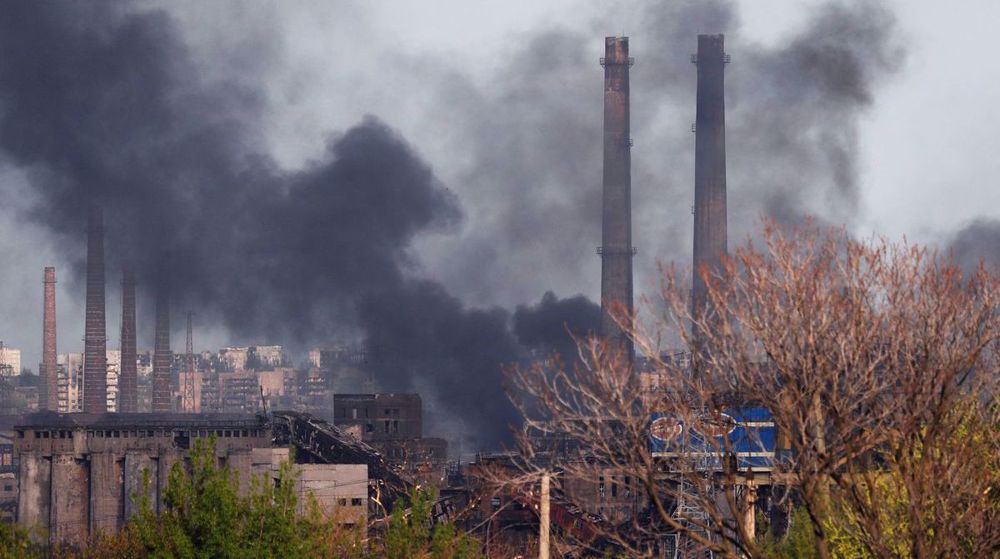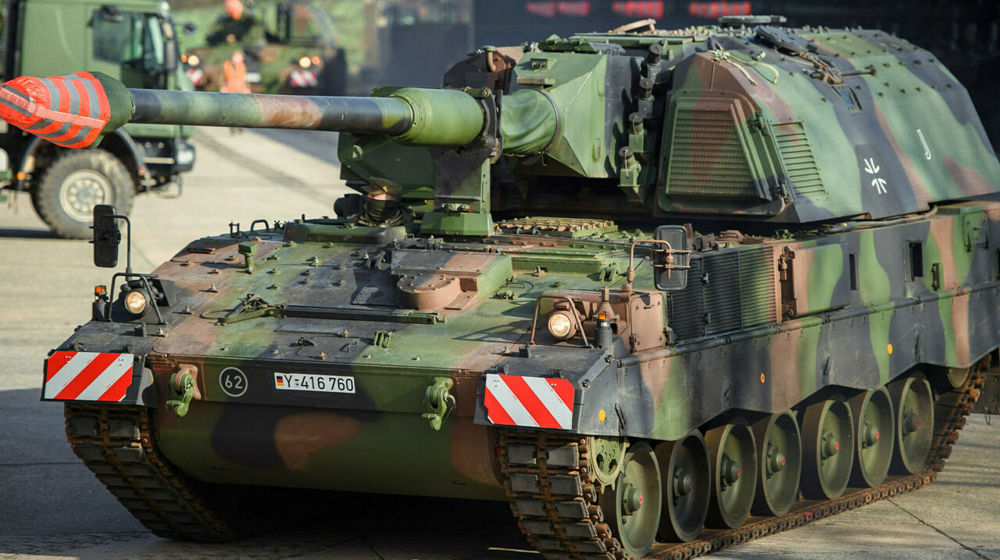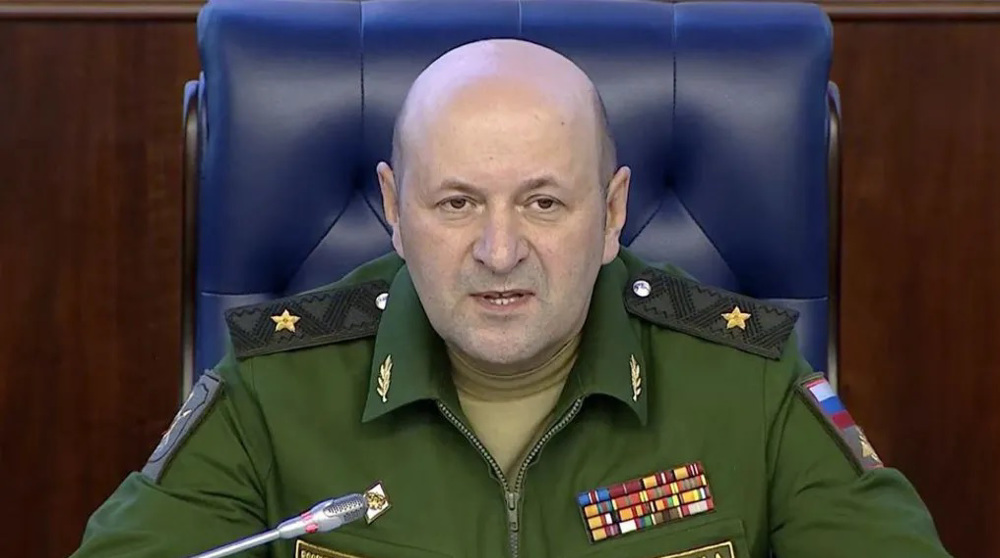Ukraine: All women, children, elderly evacuated from Azovstal steel plant
Ukraine says all women, children and the elderly have been evacuated from the blockaded Azovstal steel plant in the southern port of Mariupol, which has seen some of the heaviest fighting between Ukrainian and Russian forces.
Ukraine's Deputy Prime Minister Iryna Vereshchuk made the announcement in a statement on Saturday. “This part of the Mariupol humanitarian operation is over.”
A day earlier, Kiev had announced an evacuation plan from Azovstal and other parts of Mariupol for Saturday.
The Kremlin’s spokesman Dmitry Peskov on Thursday said that humanitarian corridors to evacuate civilians from Azovstal were functioning, after the Russian army declared a three-day ceasefire at the site to allow a civilian evacuation from the flashpoint industrial area.
Last month, Moscow said that it had managed to fully seize the city except for Azovstal, a giant fortress-like steel plant.
It is estimated by Moscow that some 2,000 Ukrainian soldiers and fighters are holed up inside the plant. Hundreds of civilians are also reportedly sheltering with Ukrainian troops at the complex. Those who are still inside Azovstal’s underground bunkers are believed to be running out of water, food, and medicine.
Moscow began a military operation in Ukraine on February 24. Russia is now pushing for complete control of the Donbas region, where pro-Russia forces held parts of breakaway Luhansk and Donetsk provinces even before the military offensive.
Separately on Saturday, the territorial defense headquarters of the self-declared Donetsk People's Republic (DPR) said in a statement, carried by Russia's Interfax news agency, that earlier in the day, 50 more people had been evacuated from Azovstal.
On Friday, some 50 civilians were evacuated to a reception center in the vicinity of Bezimenne, in the separatist DPR, whose forces are fighting alongside Russia to expand their control of large parts of eastern Ukraine.
Western countries have responded to Russia’s operation by backing Ukraine with cash and increasingly heavy weaponry, while imposing unprecedented waves of sanction against Moscow. The conflict has killed many people and displaced more than 13 million, creating the worst refugee crisis in Europe since World War II.
Leader: Iran has no proxy forces in West Asia
US fighter aircraft shot down ‘in friendly fire’ amid aggression on Yemen
Yemeni FM: Israel’s sponsors accountable for ongoing aggression on Sana’a
Eight Palestinians killed as Israel attacks Gaza school, hospitals
VIDEO | Rome, Milan host new protests in solidarity with Palestinians
Dec. 21: ‘Axis of Resistance’ operations against Israeli occupation
Spain jurists demand ties with Israel ties be cut
VIDEO | Press TV's news headlines











 This makes it easy to access the Press TV website
This makes it easy to access the Press TV website